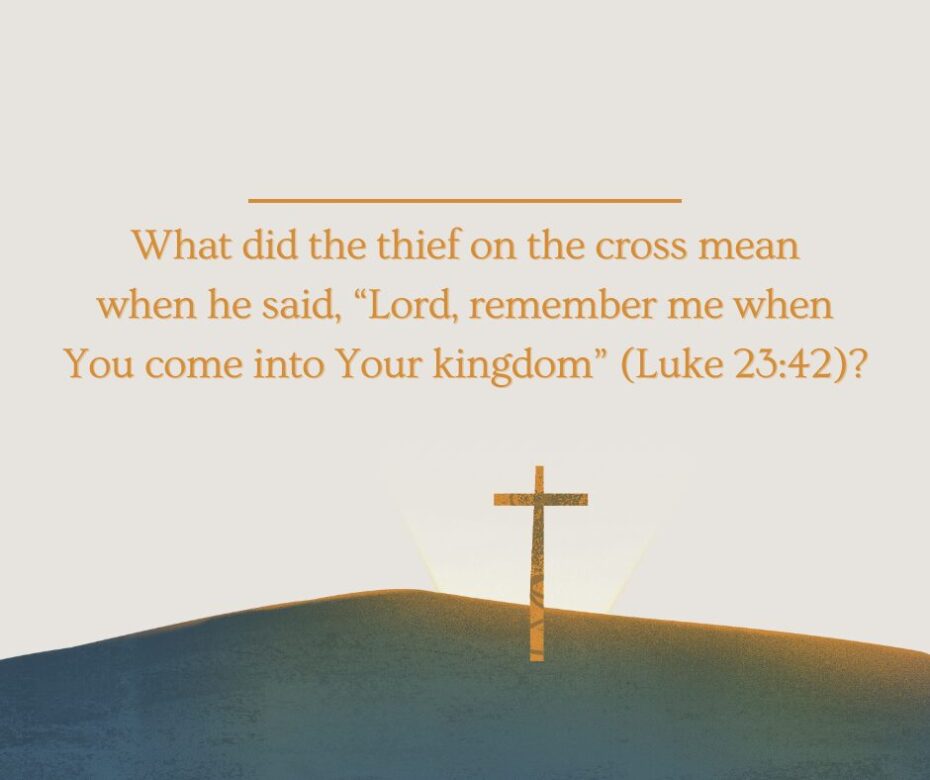Two of Israel’s tribes, Ephraim and Manasseh, descended from Joseph because he received the double portion of the inheritance. Joseph experienced much suffering before God fulfilled the promise He had made to him in two dreams.
After being sold into slavery in Egypt and then wrongly convicted and imprisoned, Joseph rose to power in the dungeon. While there, two of Pharaoh’s trusted servants were imprisoned. Each had a dream, and Joseph interpreted their dreams.
The chief cupbearer told his dream first. It concerned his job as the chief cupbearer to the Pharaoh. In his dream, the number three is significant. Joseph revealed that the three branches in the cupbearer’s dream stood for three days. In three days, Pharaoh would restore him to his former position and honor.
Joseph asked the chief cupbearer to “remember me when it is well with you” (Gen 40:14). He wanted to be rewarded for the kindness he showed the chief cupbearer. The reward he requested was that the cupbearer would make mention of him before Pharaoh so that he would be released (Gen 40:14; cf. Matt 10:32-33; 16:27).
The expression remember me occurs fifteen times in the Bible, often in the same sense used by Joseph: asking to be remembered for reward.
When Samson was about to collapse an entire building that would kill him and thousands of Philistines, he said, “O Lord God, remember me, I pray! Strengthen me, I pray, just this once, O God, that I may with one blow take vengeance on the Philistines for my two eyes” (Judg 16:28). That request was primarily that God would restore his strength. However, it might also be a request for God to remember and reward what he was about to do. That Samson is mentioned in the Hebrew Hall of Fame (Heb 11:32) shows that God did remember him for reward.
Nehemiah was requesting God’s blessings when he said, “Remember me, my God, for good, according to all that I have done for this people” (Neh 5:19). He repeated that same request three times (Neh 13:14, 22, 31).
An unnamed psalmist made the same request: that God would remember him for blessing (Ps 106:4).
What did the thief on the cross mean when he said, “Lord, remember me when You come into Your kingdom” (Luke 23:42)? He was not asking for the Lord to give him everlasting life. He already knew he had that. He knew he’d be with the Lord in His kingdom. What he was requesting was that the Lord remember that he confessed Jesus as the Christ, the King of Israel, at the cross.
Joseph wanted the cupbearer to mention him before the Pharaoh. Likewise, the thief on the cross wanted Jesus to mention him before God the Father. That is exactly what Jesus promised: “Therefore whoever confesses Me before men, him I will also confess before My Father who is in heaven” (Matt 10:32). The only one confessing Jesus at the cross was this thief. Neither the disciples nor the other thief were contradicting the crowd.
God will remember you and all the work that you have done for Him. Isn’t that encouraging? Doesn’t that motivate you to do your best for Him?
Keep grace in focus.


